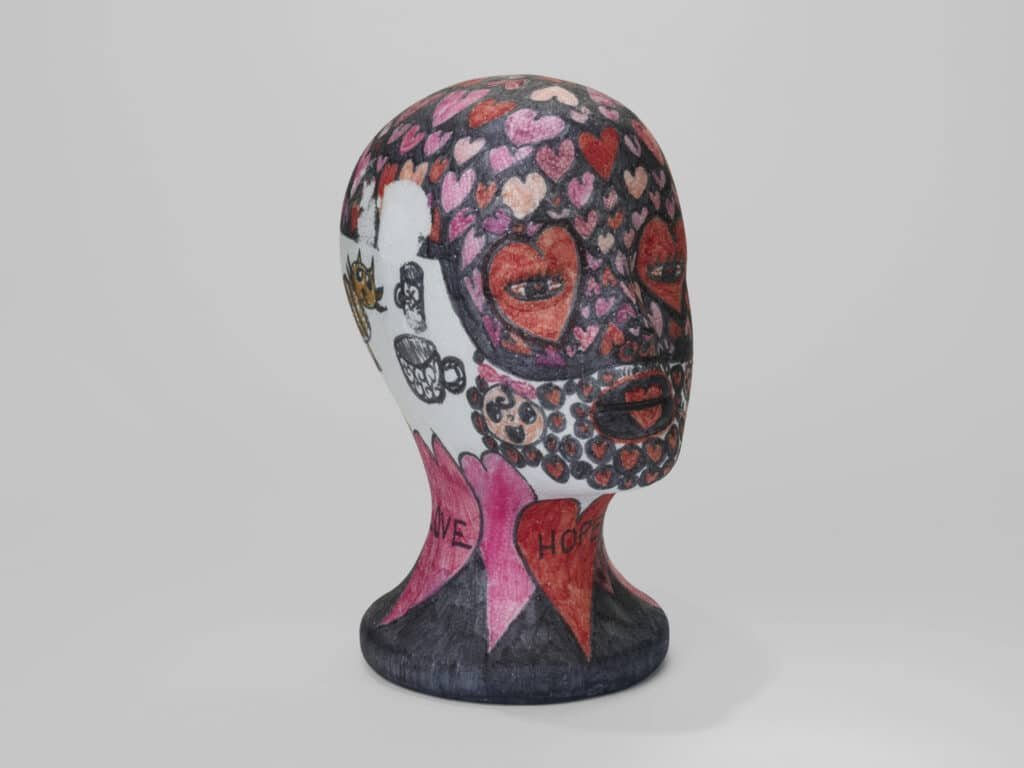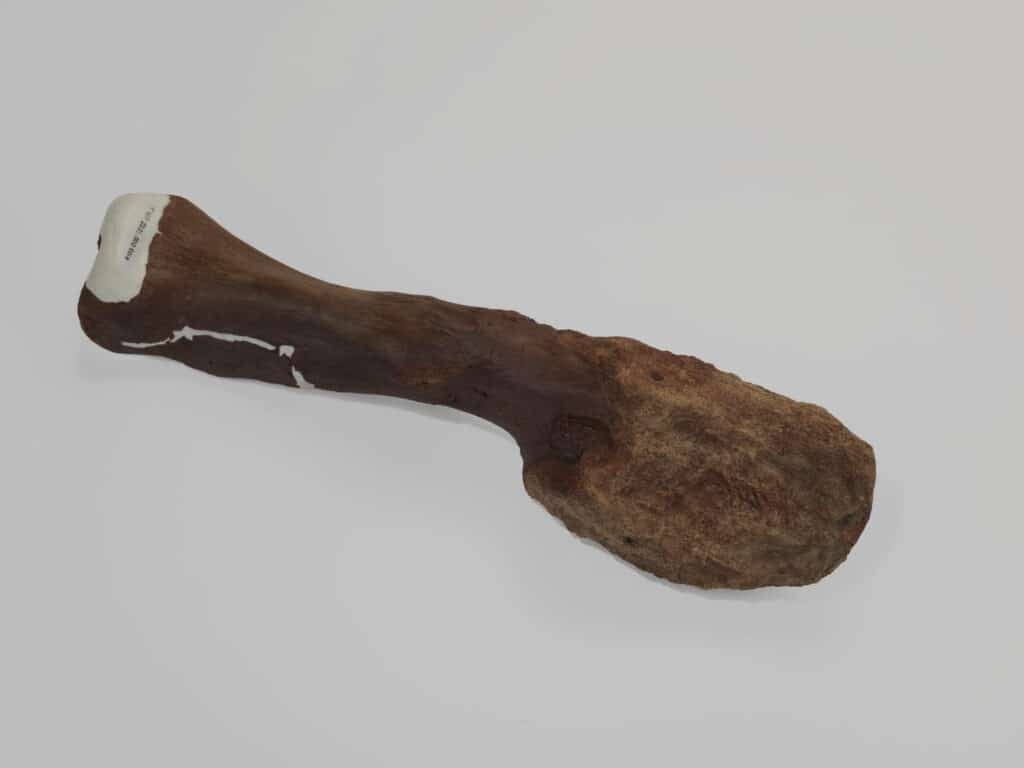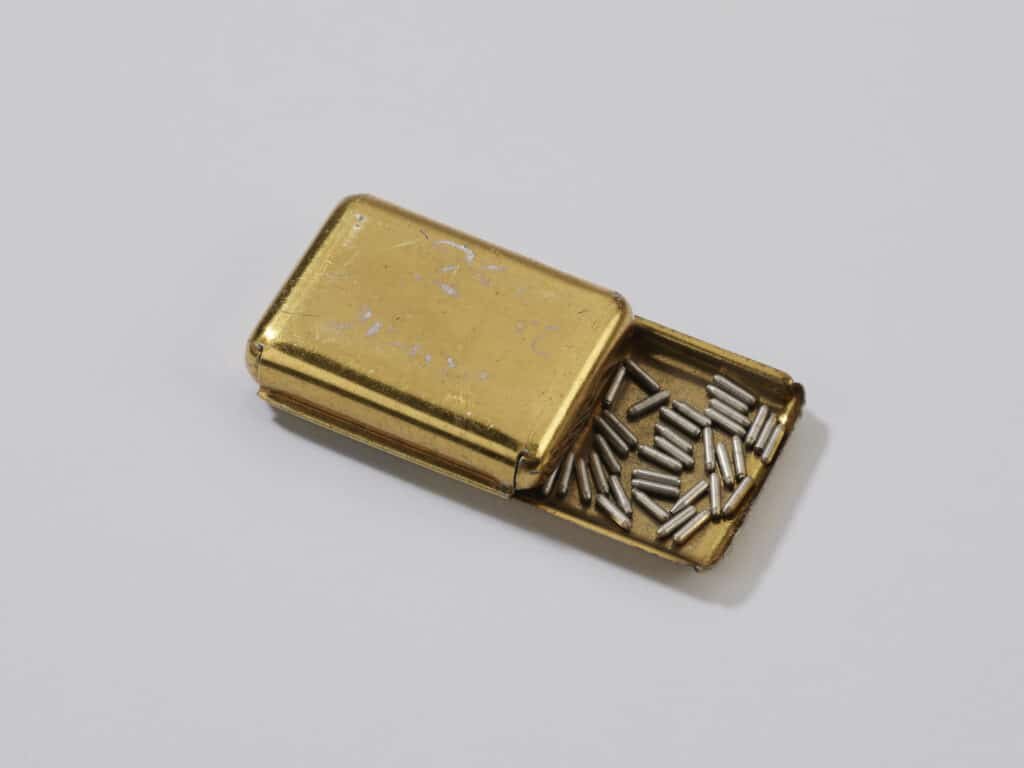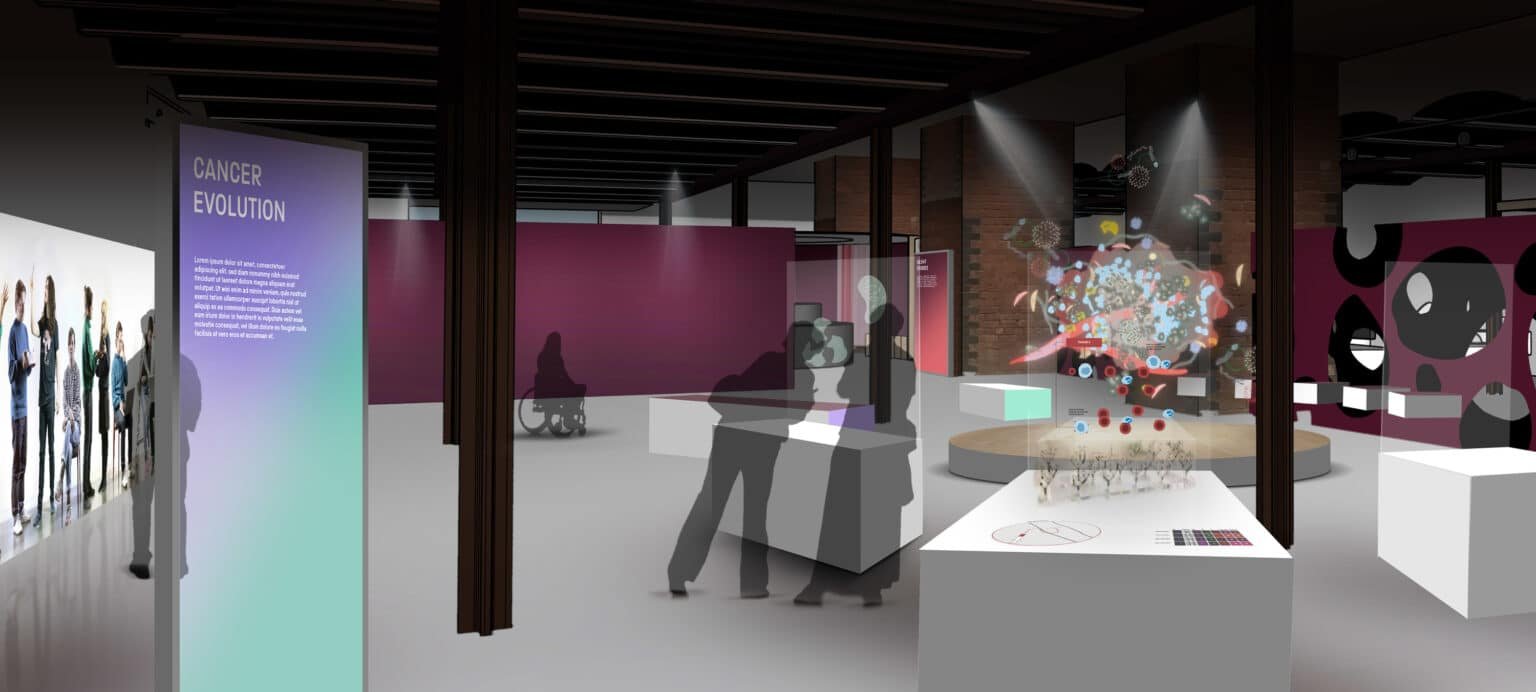
Science Museum announces Cancer Revolution: Science, Innovation and Science
Cancer Revolution includes objects that have never been displayed before in the UK, including the recent discovery of the first malignant bone tumour to be identified in a dinosaur fossil and a cast from the 1950s developed to hold radium seeds for skin cancer treatment.
Visitors will see the latest technologies and treatments transforming cancer care including the Cytosponge used in the early detection of signs of oesophageal cancer and the Galleri test designed to detect over 50 types of cancer from a single blood sample.
The exhibition also features an array of incredible artworks from Luke Jerram, Katharine Dowson and Nudrat Afza that speak to the emotional experience of cancer treatment.


Cancer Revolution; Science, innovation and hope is the world’s first major object-rich exhibition to reveal the past, present and future of how cancer is prevented, detected and treated. The exhibition is currently open at the Science and Industry Museum in Manchester where it has enjoyed glowing reviews from visitors. The touring exhibition has been developed by the Science Museum Group, with support from expert partner Cancer Research UK, to explore the revolution in science that is transforming cancer care. Opening on 25 May at the Science Museum’s popular after-hours event, Lates, the exhibition comes at a time when one in two of us will be diagnosed with cancer in our lifetime, yet with improved cancer treatment and care, more of us than ever before are living longer and better with the disease and beyond.
On display will be never-before seen objects, cutting edge treatment and research, new artist commissions and installations, interactive exhibits and a breadth of personal stories. Cancer Revolution will reveal how researchers, clinicians, policy makers and patients are fuelling progress in a powerful expression of shared hope and will present the stories of people affected by cancer, together with those who study and treat it.
From busting myths about the causes of cancer, to exploring the history of the disease and how the latest cancer research, early detection technologies and immunotherapies are advancing cancer care today, Cancer Revolution will show how far we have come in tackling the disease. The exhibition reveals how cancer has been treated over the centuries, from high-risk surgeries to the discovery of the first chemotherapy drugs, and the important challenges that remain to be solved.






